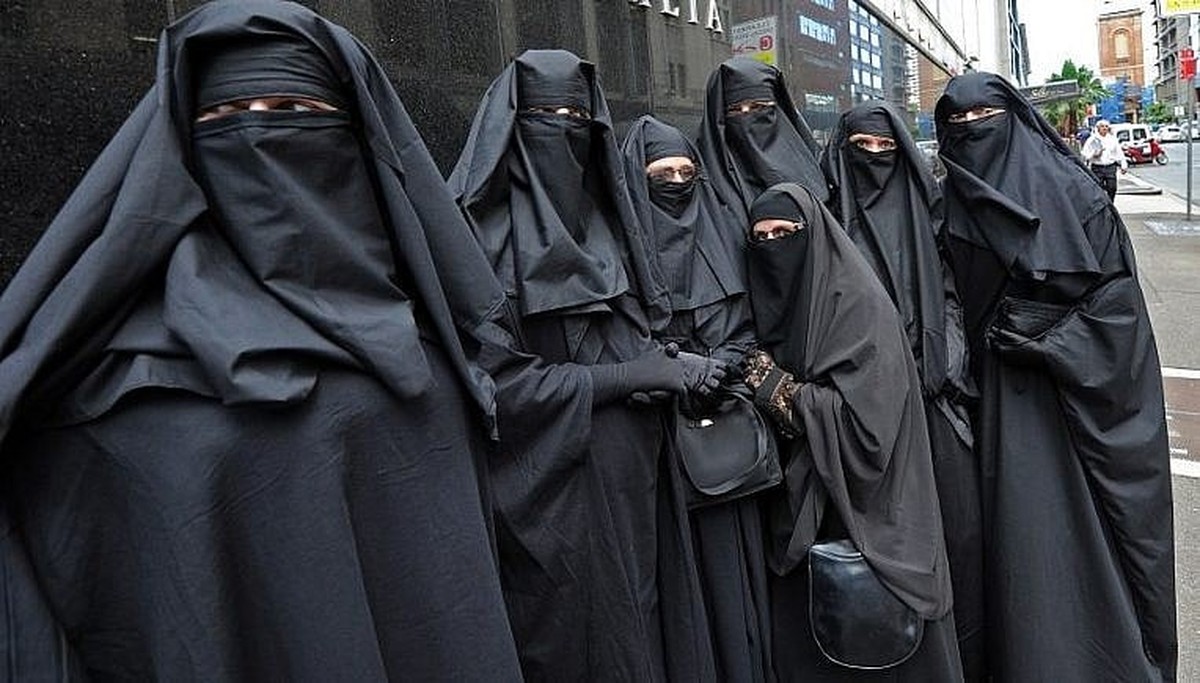18/10/2025
18/10/2025

LISBON, Oct 18: Portugal’s parliament has approved a proposal by the far-right Chega party that seeks to ban the concealment of faces in public spaces, with certain exceptions, CNN Portugal reports. The vote saw support from the Social Democratic Party (PSD), Liberal Initiative (IL), and CDS-PP. At the same time, opposition came from the Socialist Party (PS), Livre, PCP, and the Left Bloc (BE). Two parties, Together for the People (JPP) and People-Animals-Nature (PAN), abstained.
IL and CDS-PP voiced full support for the bill, while the PSD indicated its willingness to back the legislation but emphasized that “the proposed text can and should be improved in a specialised hearing.”
If enacted, the law would impose fines ranging from €200 to €4,000 for violations. However, exemptions would apply in aeroplanes, diplomatic premises, and places of worship. The bill is now scheduled for discussion in the Parliamentary Committee on Constitutional Affairs, Rights, Freedoms, and Guarantees, which reviews legislation related to constitutional matters.
President Marcelo Rebelo de Sousa retains the authority to veto the bill or submit it to the Constitutional Court for review.
Chega leader Andre Ventura defended the proposal during Friday’s session, stating, “We are today protecting female members of parliament, your daughters, our daughters, from having to use burqas in this country one day.” In a post on X, Ventura described the vote as “a historic day for our democracy and for the safeguarding of our values, our identity, and women’s rights.”
PSD lawmaker Andreia Neto framed the debate as a matter of gender equality, saying, “No woman should be forced to veil her face.”
While only a small minority of Muslim women in Portugal wear full-face veils such as niqabs or burqas, the issue has become increasingly polarizing across Europe. Countries including France, Austria, Belgium, and the Netherlands already enforce full or partial bans, citing concerns over gender discrimination and security. Some parties, including PAN and JPP, suggested that the proposal could incite discrimination.


